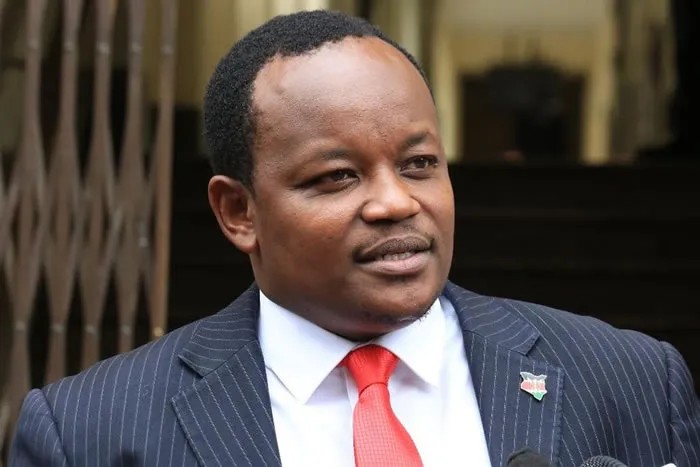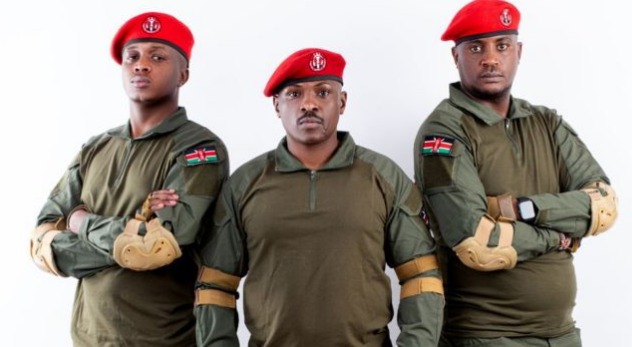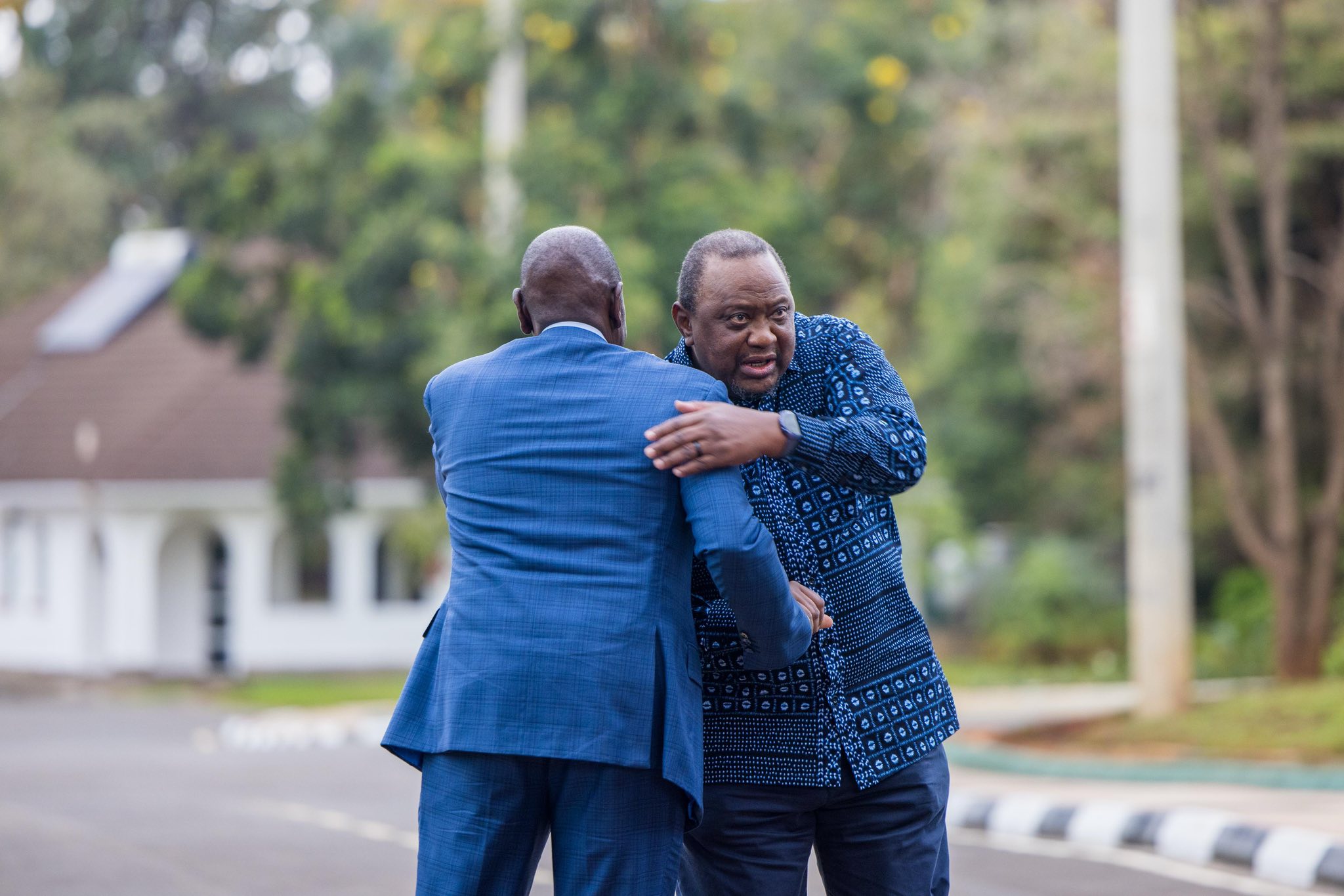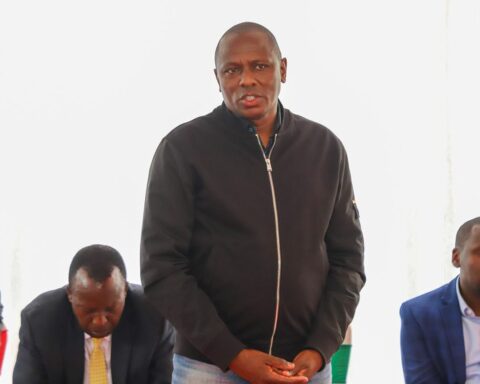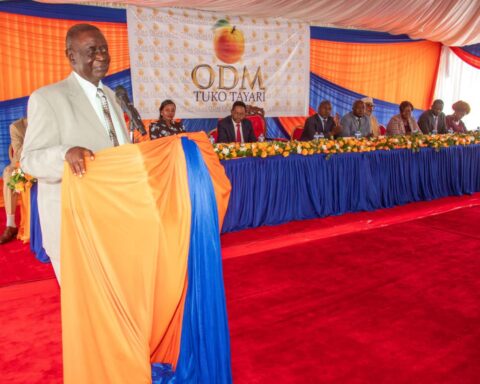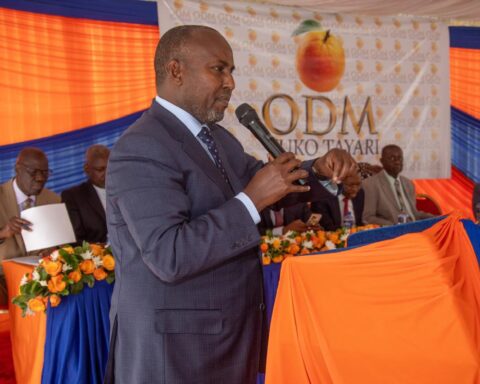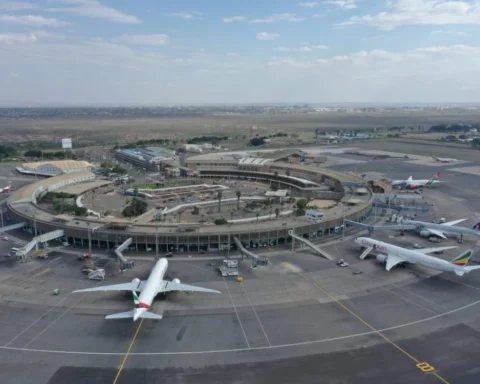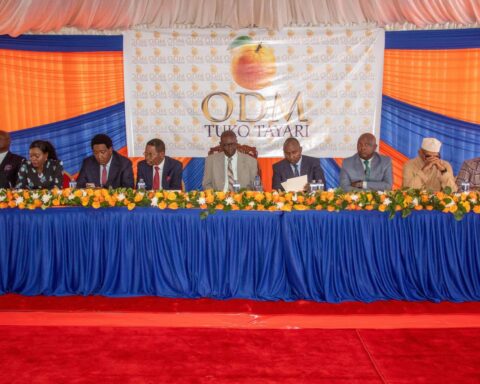On July 30, 2025, Hon. Ngunjiri Wambugu—former Nyeri Town MP appeared on TV47’s Morning Breakfast Show, where he unpacked some of the most pressing regional and domestic issues facing Kenya today.
His analysis spanned the diplomatic standoff with Tanzania, the muted response from key government officials, the contrasting fates of ODM and UDA, and the dangerous drift of political rhetoric. What emerged was a powerful, clear-eyed warning: Kenya is inching toward crisis—not just from external pressures, but from the self-inflicted wounds of poor political leadership.
Tanzania Trade Fallout
Wambugu began with Kenya’s escalating trade tensions with Tanzania, triggered by Dar es Salaam’s restrictive measures against Kenyan businesses. Licenses revoked, tourism partnerships frozen—an alarming development in the East African Community (EAC). But Wambugu urged Kenyans to view this through the cold lens of political realism.
“If it wasn’t Tanzania doing this, would we still see it as unfair—or just practical?” he posed, challenging emotional nationalism. With Tanzanian elections just three months away, he argued, President Samia Suluhu is making politically expedient moves. “No leader wants to be seen putting other countries before her own people.”
This wasn’t isolated. Wambugu reminded viewers of similar acts by Uganda, which once restricted Kenyan poultry in a bid to shield its domestic market. Kenya’s regional strength, he explained, often makes it a target. “We have the most advanced economy and the most skilled workforce—so of course our neighbors will protect themselves,” he said.
He then turned the mirror inward. How different are we, he asked, from Tanzanians when we complain about foreign nationals running businesses on Ngong Road or Gikomba? “Patriotism is universal. Let’s not pretend we’d act differently if we were in their shoes.”
The real failure, according to Wambugu, was Kenya’s diplomatic silence. He criticized Foreign Affairs CS Musalia Mudavadi for being missing in action: “Where is the statement? Where is the engagement? Where is the protest?” With Tanzanian policies taking effect in real time, Wambugu said, Kenyans are left wondering if their government is asleep at the wheel.
ODM: Survival by Discipline and Strategy
Wambugu then shifted to domestic politics—zeroing in on the Orange Democratic Movement (ODM) and what he called a “textbook case in political survival.” ODM Secretary General Edwin Sifuna recently oscillated between criticizing the government and affirming ODM’s support for the Kenya Kwanza regime. Wambugu interpreted this not as inconsistency, but strategy.
“Sifuna had two options—read the party statement, or lose his job,” he quipped.
Wambugu, a former ODM insider, outlined the party’s method: create noise in public, negotiate quietly in private, then issue a unified position. “Once ODM decides, no one defies the final script. That’s discipline,” he noted, adding that this has allowed the party to shape national policy across four administrations—Kibaki, Uhuru, Ruto—without ever capturing the presidency.
“People always write Raila off too early,” Wambugu said. “But Raila and ODM always walk away with something—because they know when to retreat, when to negotiate, and when to strike.”
ODM’s latest move, he added, bought them at least “another three to six months of calm”—critical time as the political chessboard resets ahead of 2027.
UDA’s Implosion: When a Government Turns on Itself
The contrast with the ruling United Democratic Alliance (UDA) was stark. Wambugu described the chaotic scenes in Murang’a—where UDA-aligned MPs were teargassed and allegedly shot at—as symptomatic of a party tearing itself apart from the inside.
“This is a UDA government. Why are UDA MPs being teargassed by a UDA police force?” he asked incredulously. “If what they’re saying is true—bullets, attempted assassinations—that’s not politics. That’s a national emergency.”
He called on the Independent Policing Oversight Authority (IPOA) and the media to investigate. “This can’t be brushed off. If we’ve reached a point where the government is attacking its own MPs—then something is fundamentally broken.”
He also exposed the factionalism within UDA, pointing out that former Deputy President Rigathi Gachagua, recently impeached and now aligned with the little-known Democratic Congress Party (DCP), is essentially operating outside Kenya Kwanza.
“Are they in government or in opposition? They can’t have it both ways,” Wambugu said, calling out the double-speak and confusion that is destabilizing the party and disillusioning voters.
The Danger of Words—and the Responsibility of Leadership
Wambugu’s most sobering warning was about rhetoric. He reminded Kenyans that violence in this country has rarely started with bullets—it has always started with words.
“This country’s darkest chapters—1982, 2007—didn’t begin with gunfire. They began with words,” he said. “Reckless talk, ethnic mobilization, and political gaslighting. That’s how the fire is lit.”
With two years to the 2027 elections, Wambugu urged politicians to stop the theatrics and deliver results. “Let them shout to stay relevant. But some of us must stay focused—because Kenyans want roads, jobs, food, and dignity. Not drama.”
